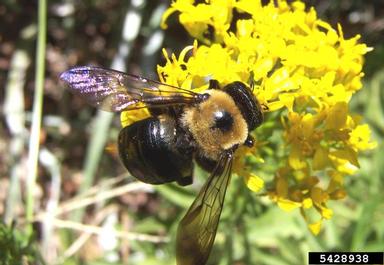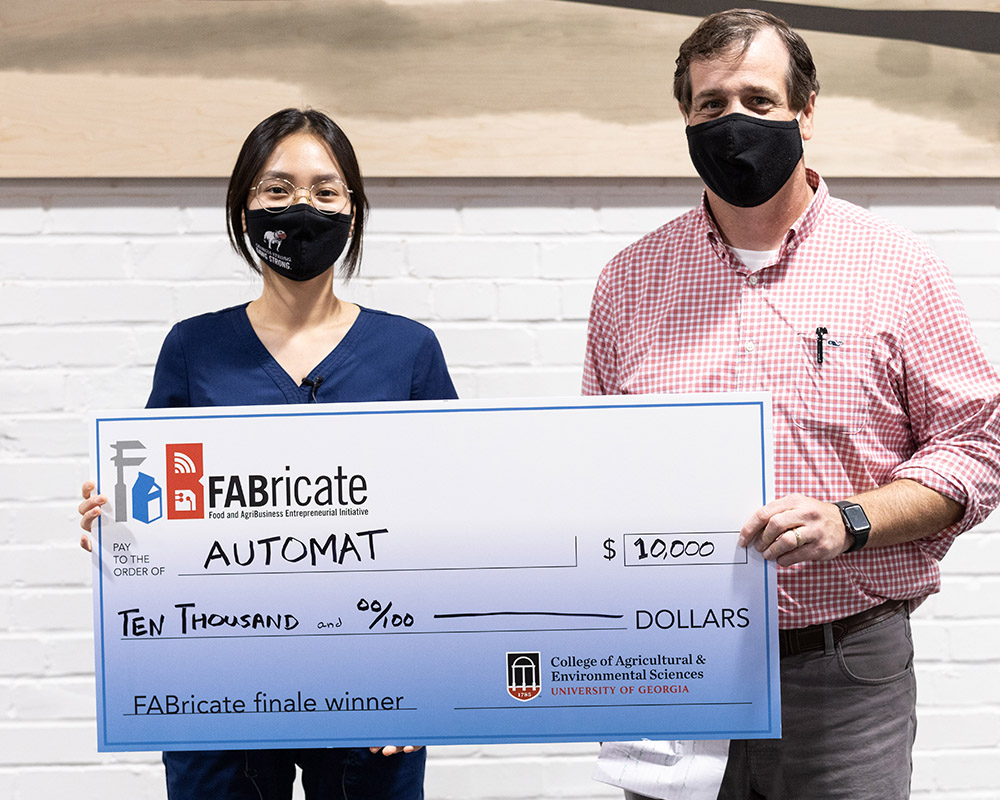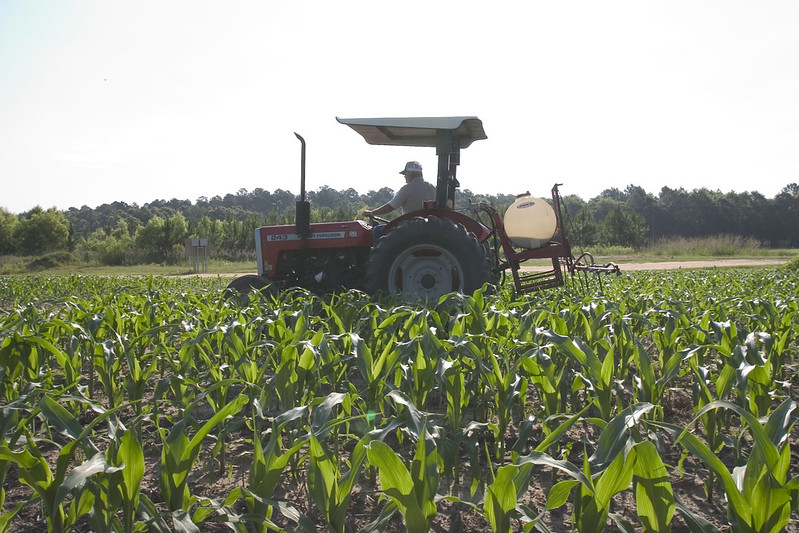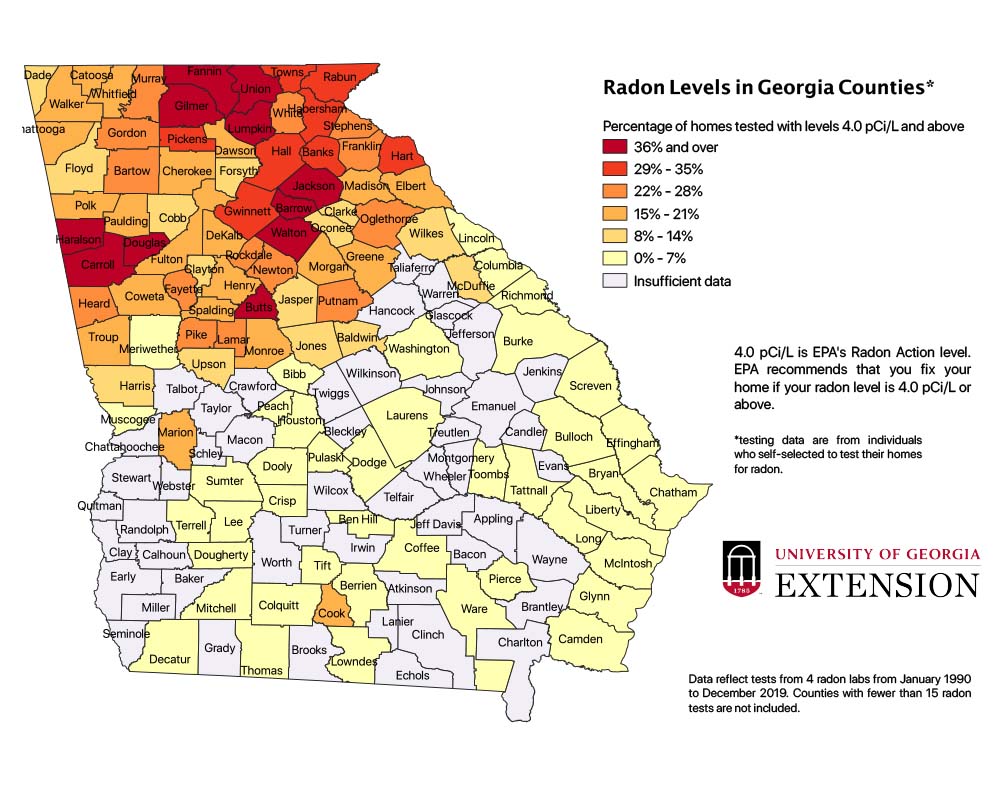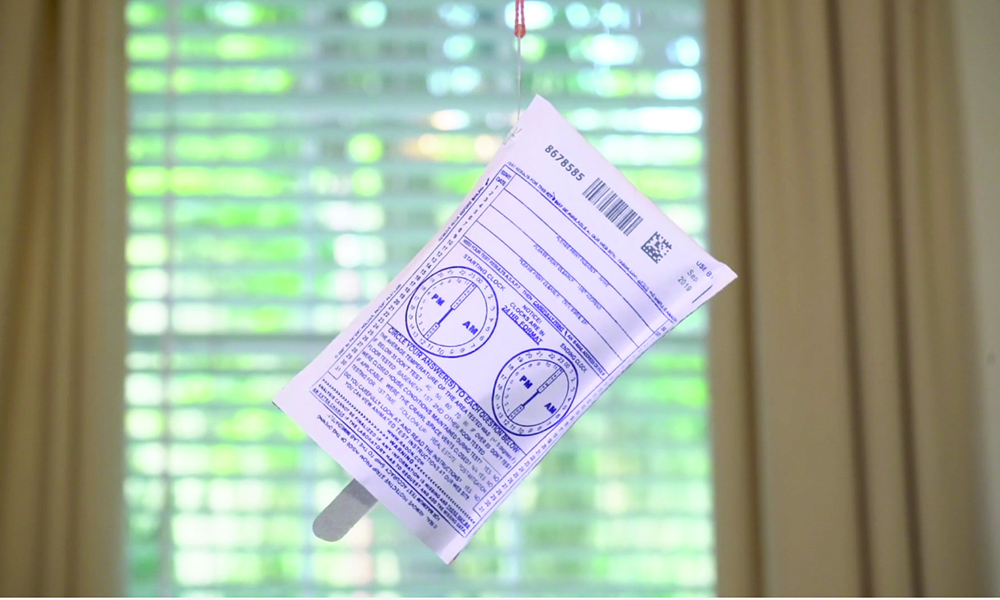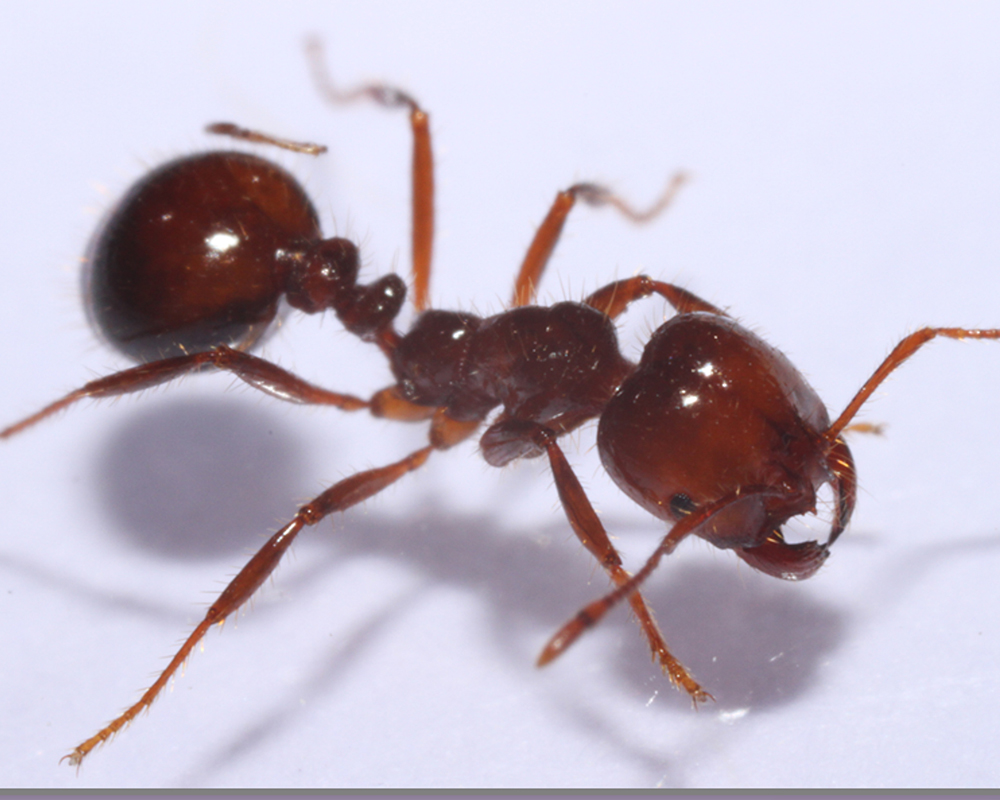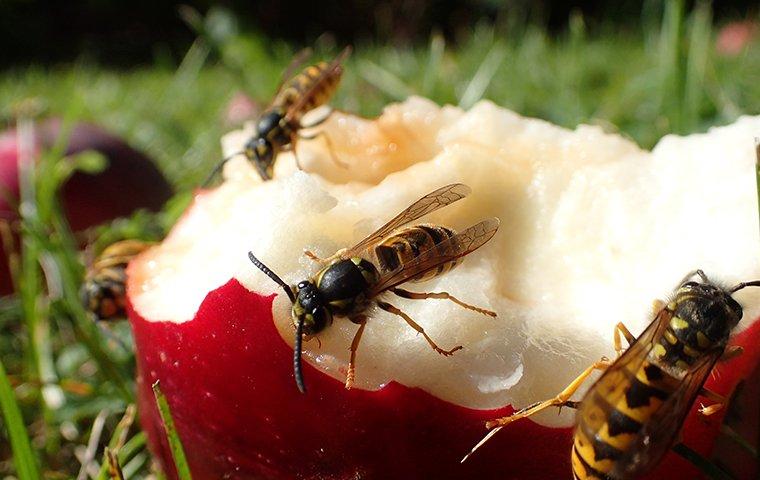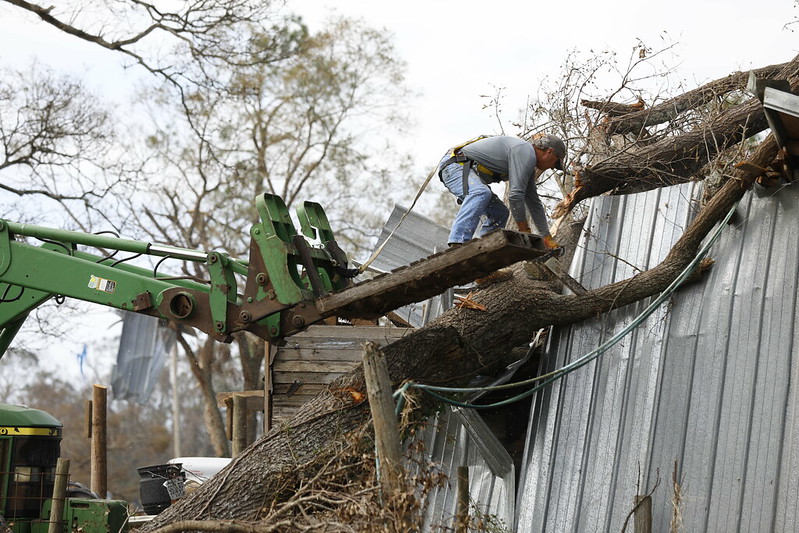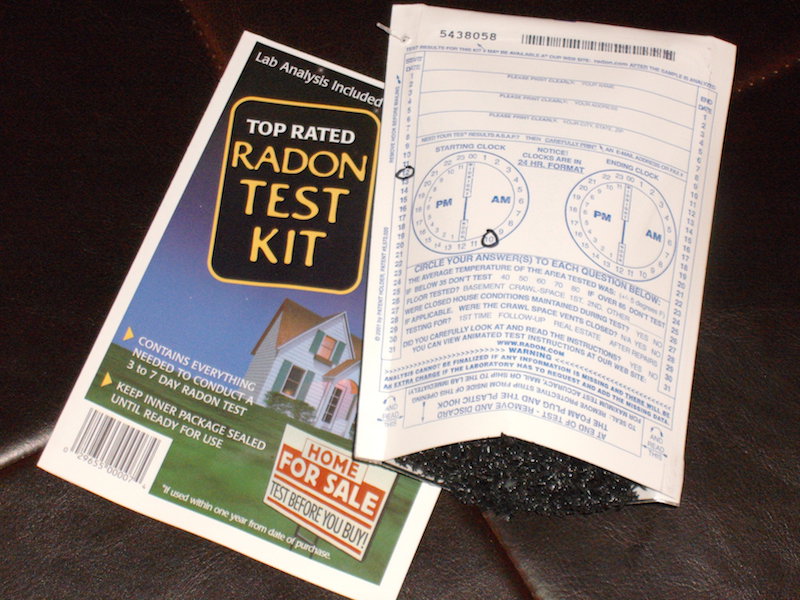 CAES News
CAES News
Stop, Read, Apply
As we head into summer, we start to see problems with weeds, diseases and insects in the landscape and around vegetable gardens. Some of these pest problems can be solved without the use of chemicals, but if the pest population reaches damaging levels, using pesticides may be warranted. Remember that using pesticides is safe and legal but requires reading and following label directions in their entirety.

